Hiring biases process refers to the unconscious or conscious preferences, stereotypes, or prejudices that can influence decision-making when evaluating job candidates. Hiring bias can occur at any stage of the recruitment process, from resume screening to interviews and job offers.
The effects of bias can be devastating for the individual candidate and the organization. For example, it can lead to a less diverse and inclusive workplace, ultimately hindering the organization’s growth and success.
Here are some ways to avoid bias in the hiring process:
Identify and acknowledge bias: It’s important to recognize that everyone has biases, and it’s not something to be ashamed of. By identifying and acknowledging your biases, you can take steps to mitigate their impact on the hiring process.
Standardize the process: Developing a standardized hiring process can help eliminate bias by consistently evaluating all candidates. This can include using the same job description, asking the same interview questions, and evaluating candidates based on the same criteria.
Focus on skills and qualifications: Instead of making assumptions based on a candidate’s name, background, or appearance, focus on their skills and qualifications. Evaluate candidates based on their ability to perform the job and meet the required qualifications.
Use diverse hiring panels: Having a diverse hiring panel can help bring different perspectives and experiences to the hiring process, reducing individual biases’ impact. This can include employees from different departments, levels, and backgrounds.
Hire a recruiting company focused on DEI: It takes time to change processes and reduce hiring biases in your workplace. Hiring a recruiting company specializing in DEI and having a proven process of reducing hiring bias can help you increase your DEI-focused hiring and help your internal teams learn how to reduce bias.
Use objective assessments: Implementing objective assessments, such as skills or personality tests, can help reduce the impact of subjective biases. This can provide a more objective evaluation of a candidate’s abilities and potential fit for the role.
Training and education: Providing training and education to hiring managers and employees can help raise awareness of unconscious bias and its impact on the hiring process. This can include workshops, online training, and other educational resources.
By avoiding bias in hiring, organizations can create a more diverse and inclusive workplace, leading to greater innovation, better decision-making, and increased success.
kpCompanies has over 20 years of experience matching top talent with companies. Our focus on diversity, equity, and inclusion, and reducing bias in the workplace ensures that we not only help companies grow by matching them with top talent but also through education and training to stay innovative in the hiring process.
Contact us to start your next job search or see our current job listings at kpcompanies.com.






